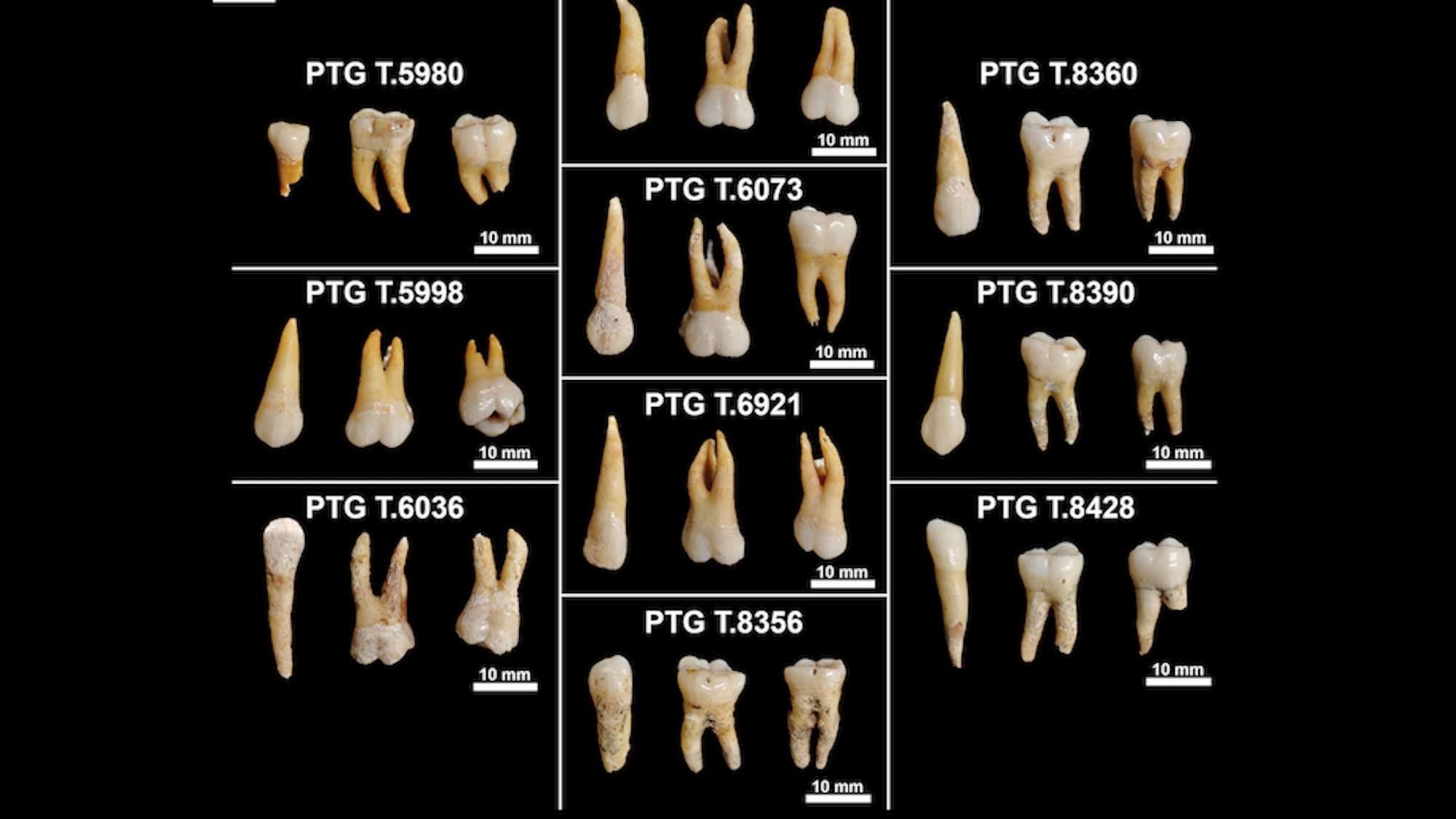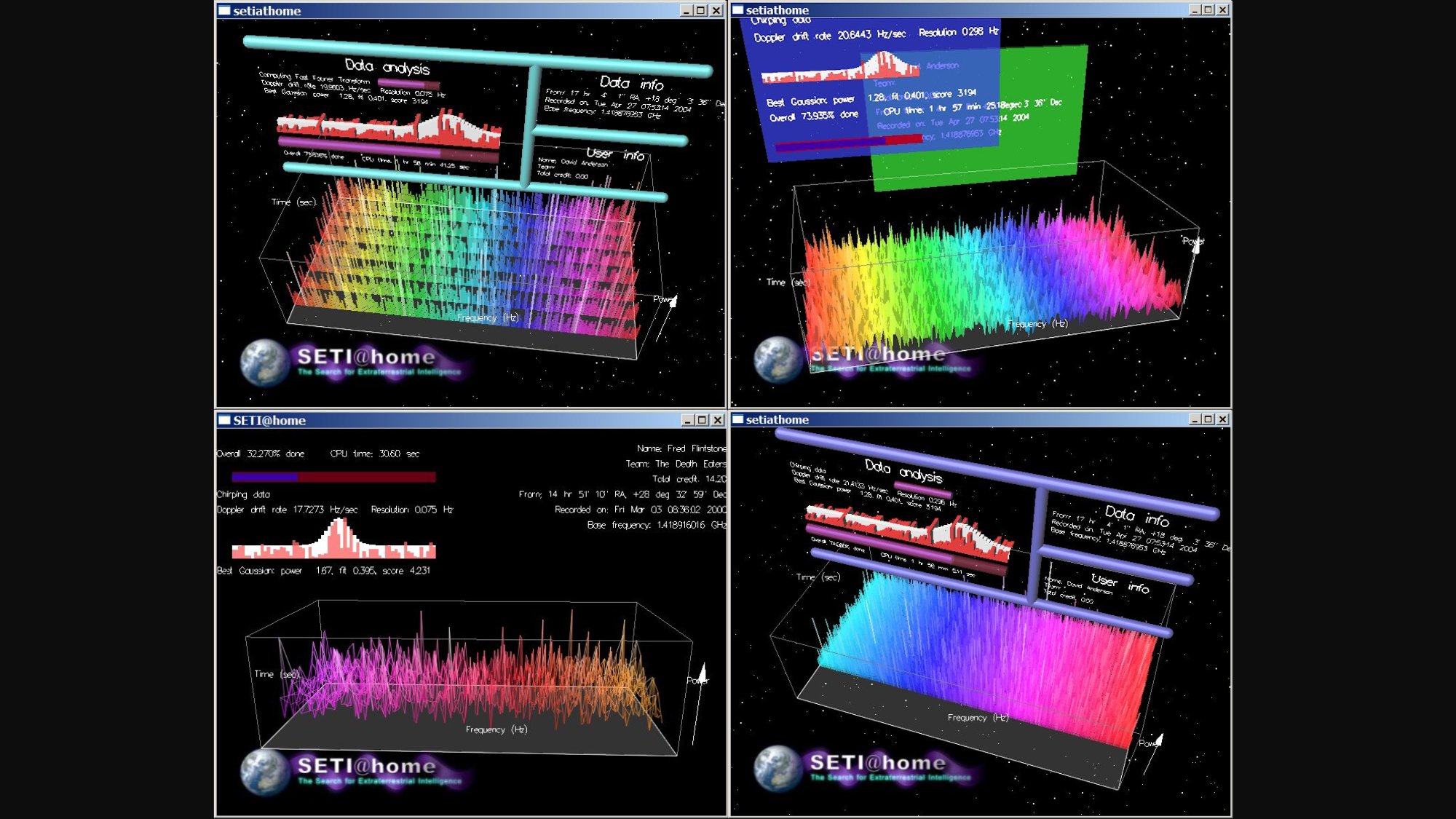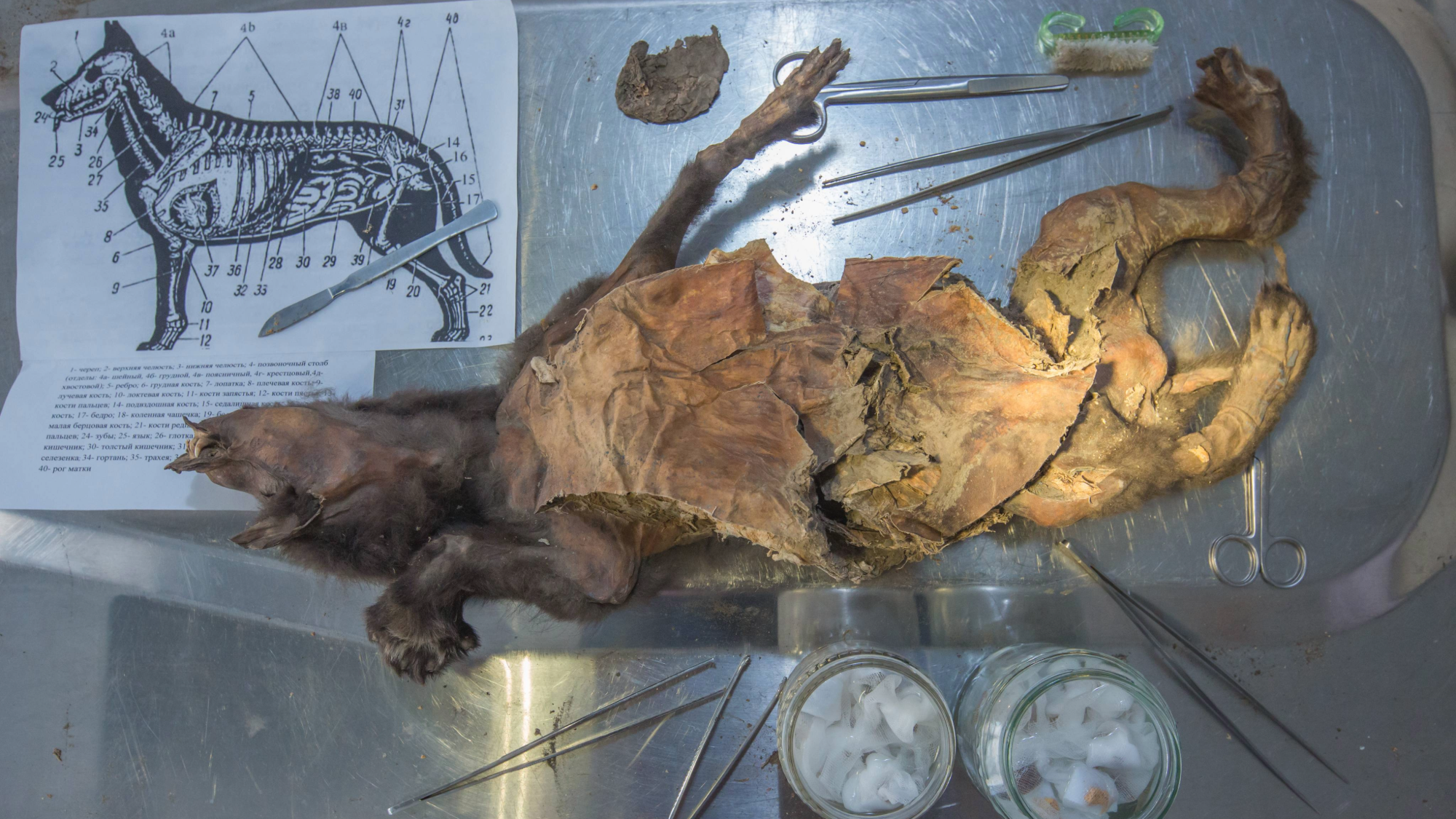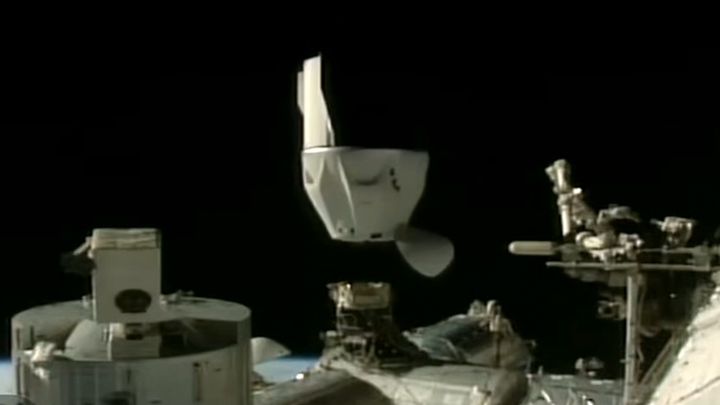New NASA images confirm comet 3I/ATLAS is not aliens
NeutralScience

- NASA's recent imaging of comet 3I/ATLAS has clarified that it is not associated with extraterrestrial life, but rather comes from an older solar system. This finding helps to demystify the comet's origins and characteristics.
- The confirmation that comet 3I/ATLAS is not alien in nature is significant for the scientific community, as it enhances understanding of the solar system's history and the processes that govern the formation of comets.
— via World Pulse Now AI Editorial System







